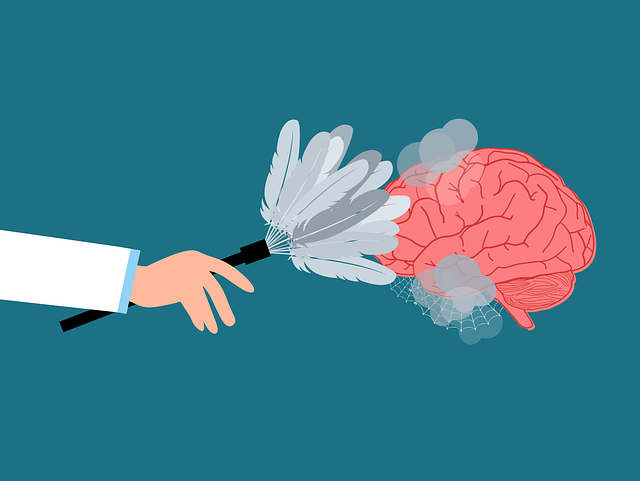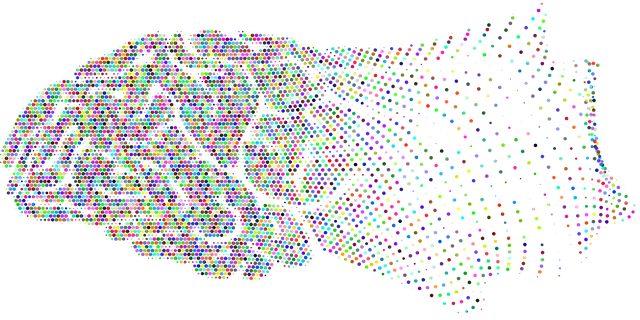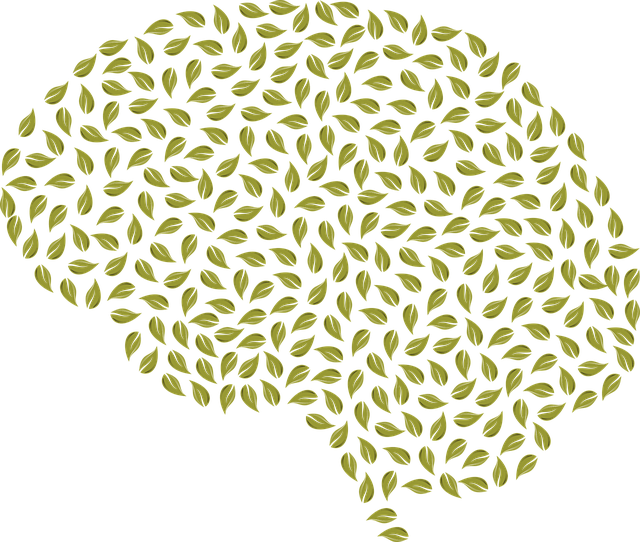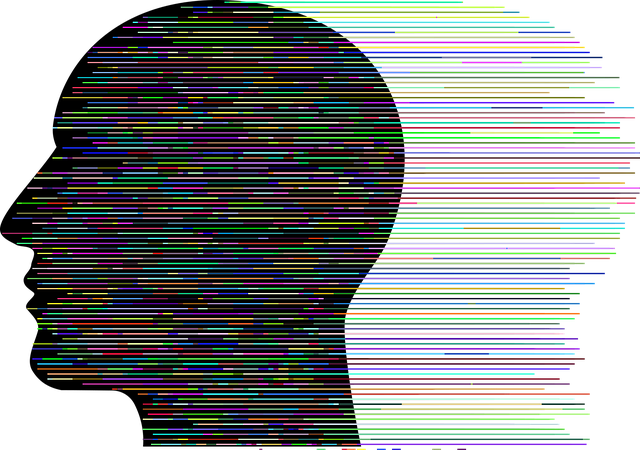Understanding Mental Health Data is key to effective Castle Rock Functional Neurological Disorder Therapy (CRFNDT), enhancing overall mental healthcare, and tailoring interventions. Data collection through surveys, clinical assessments, and electronic health records provides insights into psychological well-being. Preprocessing ensures data accuracy by handling missing values and outliers. Advanced analysis techniques like neuroimaging and machine learning, combined with evidence-based therapies and cultural competency training, personalize treatment plans. Interpreting CRFNDT data allows therapists to personalize interventions, improve outcomes, prevent burnout, and foster supportive environments for diverse patients.
Mental health data analysis has emerged as a powerful tool in understanding complex neurological conditions. This article explores the intricacies of interpreting mental health data, focusing on advanced techniques and real-world applications. From collection and preprocessing to sophisticated analysis methods, we delve into strategies that aid in unravelling the complexities of neurological disorders. Specifically, we highlight the significance of Castle Rock Functional Neurological Disorder Therapy through effective data interpretation, showcasing its potential impact on patient outcomes.
- Understanding Mental Health Data: Collection and Preprocessing
- Advanced Analysis Techniques for Neurological Disorders
- Interpreting Results: Applications with Castle Rock Functional Neurological Disorder Therapy
Understanding Mental Health Data: Collection and Preprocessing

Understanding Mental Health Data is a critical step in delivering effective Castle Rock Functional Neurological Disorder Therapy and improving overall mental healthcare. The process begins with data collection, which involves various methods such as patient surveys, clinical assessments, and electronic health records. These sources provide valuable insights into individuals’ psychological well-being, behaviors, and experiences.
Preprocessing is an essential phase where raw data is cleaned, organized, and transformed to ensure accuracy and consistency. This step includes handling missing values, identifying outliers, and normalizing measurements. By properly preprocessing the data, healthcare professionals can gain reliable insights, enabling them to develop tailored interventions for conditions like anxiety relief. Additionally, cultural sensitivity in mental healthcare practice becomes more achievable when data is meticulously analyzed, considering diverse populations and their unique needs. Moreover, burnout prevention strategies for healthcare providers can be designed based on data-driven trends, ensuring better support for those offering mental health services.
Advanced Analysis Techniques for Neurological Disorders

Advanced analysis techniques are transforming the landscape of neurological disorder treatment, offering new hope for individuals struggling with conditions like Castle Rock Functional Neurological Disorder (CRFND). Beyond traditional diagnostic methods, healthcare providers are leveraging sophisticated tools to gain deeper insights into brain function and behaviour. These approaches include advanced neuroimaging, computational modelling, and machine learning algorithms that can identify complex patterns in neurological data.
By integrating these innovative techniques with evidence-based therapies, such as those tailored for CRFND by qualified healthcare providers, patients receive more personalized and effective treatment plans. Additionally, cultural competency training for healthcare providers ensures that diverse patient populations receive culturally sensitive care, while Mental Wellness Journaling Exercises and Positive Thinking strategies complement these advanced analyses, fostering holistic mental health improvement.
Interpreting Results: Applications with Castle Rock Functional Neurological Disorder Therapy

Interpreting results from mental health data analysis is a critical step in enhancing Castle Rock Functional Neurological Disorder Therapy (CRFNDT) outcomes. By delving into the insights gained, therapists can tailor interventions to individual needs. This process involves identifying patterns and trends within the collected data, which may reveal specific areas of improvement or challenges faced by clients. For instance, CRFNDT could benefit from focusing on building inner strength development in individuals showing signs of heightened stress and anxiety, as indicated by the analysis.
Furthermore, understanding the impact of various therapeutic techniques through data interpretation can inform burnout prevention strategies for healthcare providers. By recognizing what approaches are most effective, professionals can enhance their practices and ensure they foster a supportive environment. Additionally, analyzing client progress can contribute to confidence-boosting strategies, encouraging individuals to embrace challenges and overcome obstacles on their path to recovery.
Mental health data analysis has evolved, enabling us to understand neurological disorders like never before. By employing advanced techniques and interpreting results accurately, we can enhance therapies such as Castle Rock Functional Neurological Disorder Therapy. This article has explored the process from data collection and preprocessing to applying sophisticated analysis methods, demonstrating how these steps contribute to improving mental healthcare outcomes. Through continued research and interpretation, we move closer to personalized, effective treatments for various neurological conditions.














